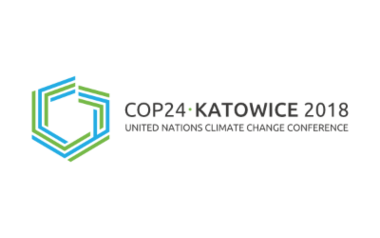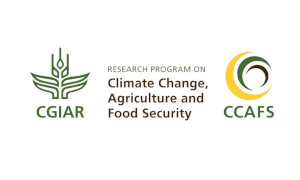Over the years there has been a significant impact of climate change in South Asia region. South Asia Association for Regional Cooperation (SAARC) Agricultural Vision 2020 indicate that climate change will be a threat to food security. Similarly, national governments have developed their own sets of policies and measures to cope with climate change. But most of these listed measures do not provide a clear and precise roadmap to deal with climate change. This proposal is an attempt in this direction and aims to build on the existing research and pilots undertaken by CCAFS, IFPRI and other CG Centers on prioritizing climate smart interventions through decision support system in partnership with the key stakeholders. It proposes to develop effective policies and innovative institutions to scale up the concept of climate smart agriculture at regional, national and sub-national levels.
[accordion]
Key Aims >>
This project aims to promote and up-scale the concept of climate-smart villages, through new institutions and policies, which will lead to programs at the national and sub-national level. Decision support tools will be developed, in order to prioritize interventions for up-scaling the concept of climate smart village. Then alternative policies and institutions, will be evaluated with their trade-offs to meet multiple goals being assessed. Subsequently policies, programs and institutions will be developed for its implementation.
The project will also use the proposed research and its outputs, to enhance the capacity of key stakeholders to adapt to climate change. Initially, the project will function in three South Asian countries, namely Bangladesh, India and Nepal at sub-national levels. National agricultural research systems, government departments, development partners and CG centers will be involved in the process of key stakeholders, including poor and women farmers being engaged.
One of the expected outcomes will be an increase in public and private investment in various climate smart interventions, as well as enhanced adaptation capacity of farmers to climate change and increase their income. The project will also focus and mainstream the engagement of poor and women farmers to empower them.
[/accordion]
[accordion]
Project Activities & Outputs >>
The project takes from lessons learnt in previous CCAFS’s Flagships and on-going pilots in CCAFS’s villages on prioritization of climate smart interventions using decision support system, and organize climate smart communities. These pilots open new opportunities to scale up the concept of climate smart villages for the benefit of larger population. The project plans to have three activities.
- focusing on decision support systems,
- drafting up of policies and programs on climate smart agriculture, and
- engaging and sensitizing stakeholders on climate smart agriculture.
A decision support system will be used to determine investment priorities as well research based CSA processes, policies and institutions for CSA in Bangladesh, India and Nepal. This will rely on four key areas: (i) documents on pro-poor climate smart policies and programs; (ii) institutional framework for effective implementation of CSA; (iii) processes for engaging social mobilization and capacity building; and (iv) indicators for effective monitoring & evaluation process of the programs/schemes.
Each area stated above will have few essential components which will be researched and piloted using various tools. Scenarios will be analyzed to come out with effective policies and program. The project will develop a typology of various on-going programs and policies in agriculture, rural development, tribal development, etc. The next step will involve consultations with key stakeholders and attempts to link on-going policies and programs with the climate smart concept, if possible. Then, the integration of climate smart concept with on-going government programs or policies will be piloted in few locations in partnership with government departments, development agencies and other stakeholders.
With the lessons from these pilots in hand, a larger scale program will be designed. Initially only for sub-national and later at a national scale. Decision support system will be used to prioritize public investment under different policy scenarios. Key stakeholders will then be engaged in consultations with regards to the most effective programs and then get submitted to the concerned government departments for support. Policy sensitization workshops will be organized for concerned ministers, parliamentarians, policy makers and policy advisors. The scenario analysis will provide the benefits in ex-ante framework and these will be used to seek the support for scaling up the outputs.
[/accordion]






